
Throughout the course of the year, it is important to maintain your paddocks in good condition. Here are some sensible things you should look out for.
• Pulling out and treating all weeds as soon as possible is a vital part of paddock maintenance. Further than this, all responsible horse owners should have a weed control programme. Spraying will provide far better results than pulling weeds and as such your paddock should be sprayed with safe modern pesticides which are specifically designed to combat whichever weeds are infecting your land. It is important to note that hay can still be cut after spraying and will not harm your animals in any way.
• Soil should ideally be analysed during the spring season as soil fertility is directly proportionate to grass growth and thus is an important part of successful paddock management. The results of your soil analysis will enable you to make small or larger changes to your paddock maintenance plan to ensure any grazing animals will not suffer.
• Try to feed your horses in different areas of the paddock in order to avoid bald areas developing.
• Roll any poached land in the early spring while the paddock is dry but still soft.
• If possible add an extra gate to the paddock to reduce the level of use and avoid a poached gateway.
• Check the conditions of the grass regularly and treat any bare areas as they develop. If any part of the field requires a complete re-seed then this should be carried out during spring or autumn.
• During the summer the grass in your paddock may become overly dry and bare. This can be combated with re-seeding and watering.
• Harrow the ground regularly to remove the dead grass, moss and weeds. Harrowing is usually carried out during the spring and autumn and ensures the new grass has access to sufficient air and allows any excess water to drain away.
• Grass should be topped to approx 5cm in the summer and 2cm in the winter. This will help to prevent weeds from going to seed, and as such it is an essential aspect of paddock maintenance.
• Don't allow droppings to remain on the ground for prolonged periods as it can lead to infections spreading.
• Consider buying horse insurance in case a horse escapes from the paddock and causes an accident.
• When choosing appropriate fencing for your paddock ensure you consider how the size, weight and bread of your horse will influence your decision. Generally the fence should be at least 5 feet high.
If you look ater these elements of your paddock, your horses or ponies are likely to be healthier.
Steve Phillips has children who keep ponies and he is aware of the need for good paddock maintenance. Planning ahead for the year takes the hassle out of this and he invariably relies on GreenPaddocks for advice and support. They also undertake routine paddock topping and other tasks for pasture management.
 THE HORSES OF ERATH COUNTY: This Texas County Ain’t Horsin’ Around
THE HORSES OF ERATH COUNTY: This Texas County Ain’t Horsin’ Around
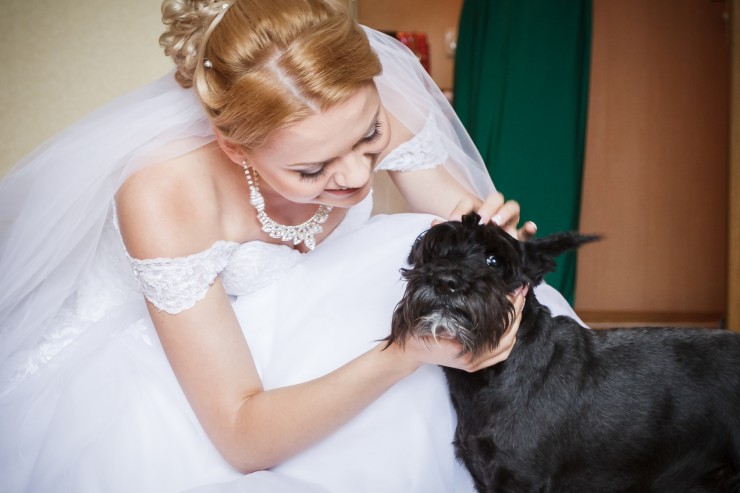 Are You Thinking Of Involving Your Dog In Your Wedding?
Are You Thinking Of Involving Your Dog In Your Wedding?
 How Closely Related Are The Siberian Husky And The Wolf?
How Closely Related Are The Siberian Husky And The Wolf?
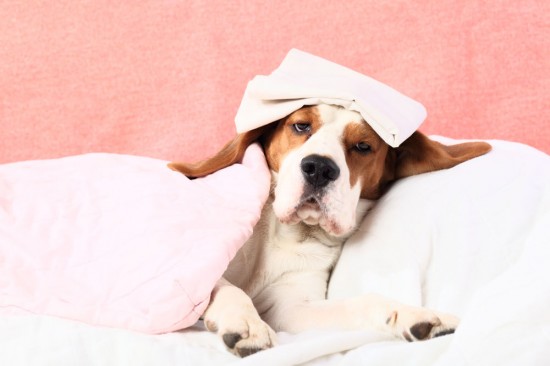 Can Your Pet Catch Your Cold, And Vice Versa?
Can Your Pet Catch Your Cold, And Vice Versa?
 Essential Tips for Taking Good Care of Our Pets
Essential Tips for Taking Good Care of Our Pets
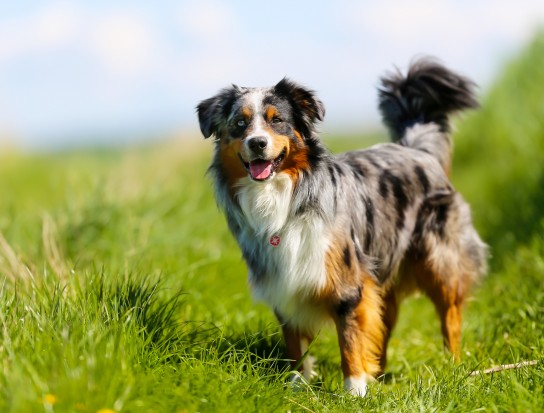 The Core Personality Traits Of Herding And Shepherding Dogs
The Core Personality Traits Of Herding And Shepherding Dogs
 Things to Consider Before Buying the Ultimate Chicken Runs
Things to Consider Before Buying the Ultimate Chicken Runs
Things to Consider Before Buying the Ultimate Chicken Runs
Things to Consider Before Buying the Ultimate Chicken Runs
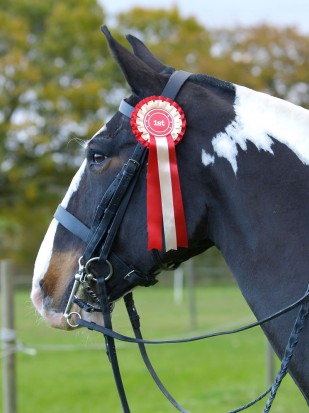 Attending Horse Shows
Attending Horse S
Attending Horse Shows
Attending Horse S
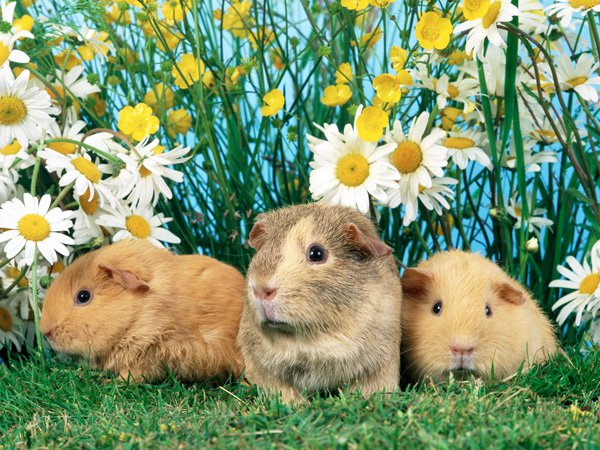 Tips to choose the most suitable Veterinarian
Tips to choose the most suitable Veterinarian
Tips to choose the most suitable Veterinarian
Tips to choose the most suitable Veterinarian
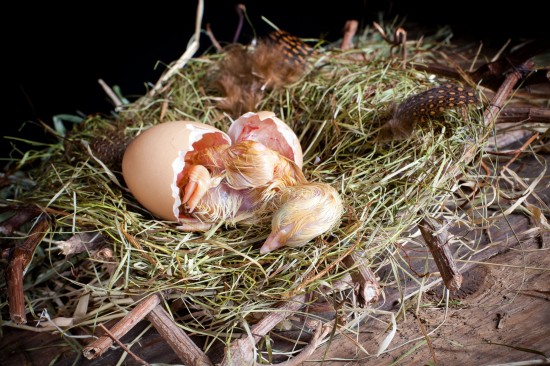 Omphalitis - A Condition That Affects Chicks
Omphalitis - A Co
Omphalitis - A Condition That Affects Chicks
Omphalitis - A Co
 What you should know before purchasing bull terriers
What you should know before purchasing bull terriers
What you should know before purchasing bull terriers
What you should know before purchasing bull terriers
Copyright © 2005-2016 Pet Information All Rights Reserved
Contact us: www162date@outlook.com